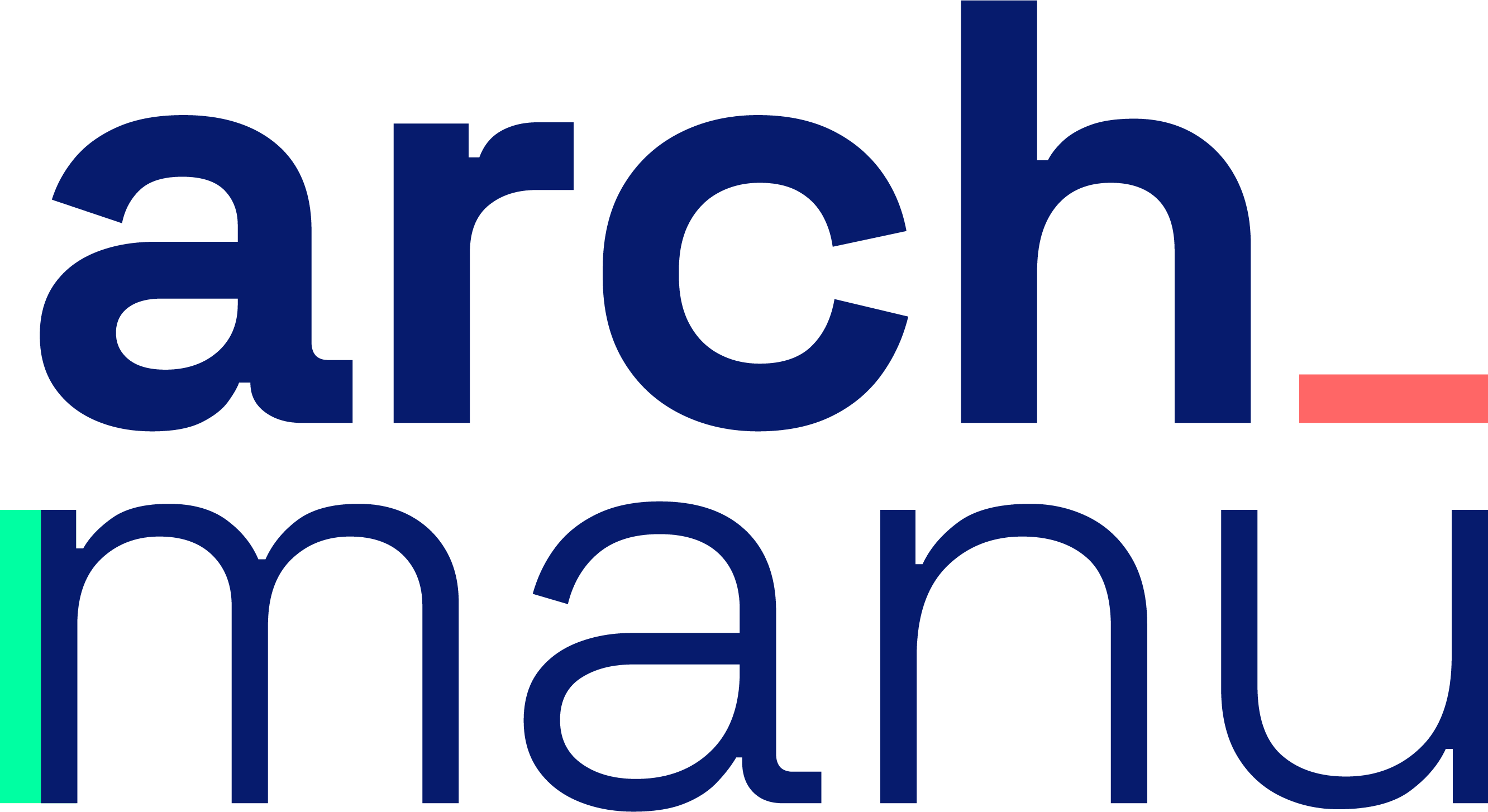Research > Synthesis
The Synthesis Lab focuses on the integration of creative operational processes and practices in design. The research will involve developing more efficient, reliable, and effective workflows, software, and tools to enable design processes to leverage data and automation. Collectively, the projects in this theme develop new knowledge about architectural processes, new automated workflows, and machine-learning-augmented tools to support design for advanced manufacture. The high-level scope of the 7 PhD projects in the Synthesis Lab have been developed through extensive consultation with our industry and academic partners. Discover their relationships and connections here
The Projects
Synthesis 01How can automation be leveraged in the Architecture, Engineering, and Construction (AEC) sector to achieve project goals and preserve knowledge?
The topic may include consideration of: opportunities to enable automation; and approaches preserving knowledge via optimal sharing, management mechanisms, and system architectures, considering resources, waste, carbon, time, budget, and benefits goals.
Synthesis 02How can computational methods, machine learning, and artificial intelligence be used to enhance sustainability outcomes and optimise value creation in the Architecture, Engineering, and Construction (AEC) sector?
This topic may include consideration of: computational methods, machine learning, and artificial intelligence insights to help the AEC sector overcome challenges that consider key decision factors around resource use, carbon emissions, waste production, project timelines, project budgets, and project benefits; how manufacturing information databases and systems can be leveraged to inform decision-making across key aspects of sustainable built assets.
Synthesis 03How can technology be used in the Architecture, Engineering, and Construction (AEC) sector to optimise data organisation, collaboration, and content sharing?
This topic may include consideration of: the challenges and opportunities of contemporary 3D modelling tools and structures; the roles of artificial intelligence and machine learning in 3D modelling; and collaboration and organisation strategies for teams working on shared models.
Synthesis 04What challenges are faced by designers implementing higher Level of Detail Building (LOD) Information Modelling (BIM), and how can they be overcome to enhance sustainability and integrate building systems?
This topic may include: consideration of how BIM supports sustainability and building systems integration; analysis of LOD requirements for residential and commercial projects; identification of designers’ challenges implementing LOD and BIM and exploration of technology’s role in alleviating these challenges; identification of BIM benefits and drawbacks for facility management, and definition of effective strategies for communicating value.
Synthesis 05What are the effective strategies for enhancing collaboration among actors in the Architecture, Engineering, and Construction (AEC) sector to improve productivity and efficacy?
This topic may include consideration of: new service offerings in architecture through examining the challenges, constraints, and pain points experienced in defining and acting on a design brief; the barriers to codification of human readable data beyond the architect’s domain; and the opportunities of digital tools such as APIs, systems/software, front-end interfaces, or XR/AR/VR in addressing these issues.
Synthesis 06How to facilitate a data-led approach to Modern Methods of Construction to revolutionise design and production processes in the Architecture, Engineering, and Construction (AEC) sector?
This topic may include consideration of: the nature of correspondence between key stakeholders in a given project; the back-end technical gaps and challenges in data exchange between different actors in the value chain; opportunities for and approaches to developing holistic component databases to better facilitate data-informed, production-focused design decisions.
Synthesis 07How can historic AEC data be leveraged to achieve more sustainable and efficient future projects?
This topic may include consideration of: how ‘wicked’ design goals might be established in building projects around resource consumption, waste production, carbon emissions, time, budget, and benefit objectives; how past project performance might be evaluated within these goals; identifying who should be setting new, sustainability-focused future goals and how to enable them, and ensuring quality assurance in shared architectural models.
theme leads
Prof Mark Burry
Swinburne School of Design and Architecture
Prof Sisi Zlatanova
UNSW School of Built Environment
chief investigators
Prof M. Hank Haeusler
UNSW School of Built Environment
Prof Shan Pan
UNSW School of Information Systems and Technology Management
Dr Michael Bain
UNSW School of Computer Science and Engineering
Prof Blair Kuys
Swinburne School of Design and Architecture
Prof Mark Taylor
Swinburne School of Design and Architecture
Dr Mehrnoush Latifi
Swinburne School of Design and Architecture
Dr Pantea Alambeigi
Swinburne School of Design and Architecture
other academics:
Dr Yenni Tim
UNSW School of Information Systems and Technology Management
Dr Sandeep Mysore Seshadrinath
UNSW School of Information Systems and Technology Management
